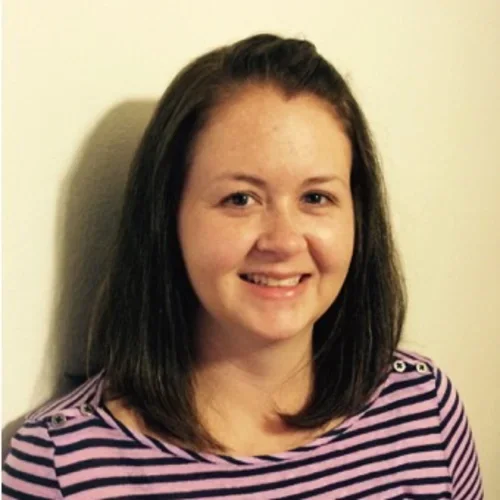
Kindra Kelly-Scumpia, PhD
KL2 Awardee - 2015 Cohort
About
Assistant Project Scientist
Division of Dermatology
UCLA
Project Title: Regulation of myeloid cell development during cutaneous immune responses
Mentors:
Robert Modlin, MD – UCLA
Maria Ochoa, MD – UCLA
Steven Dubinett, MD – UCLA
Harvey Herschman, PhD – UCLA
Matteo Pellegrini, PhD – UCLA
David Elashoff, PhD - UCLA
Multidisciplinary Expertise:
Immunology, host defense, type I interferon, skin immunity, infection
Project Description:
Leprosy is a human skin disease caused by the bacteria Mycobacterium leprae (mLEP) that presents with a range of clinical systems that correlate with the immune response to the bacteria making it an ideal model to study skin immunity. The goal of this proposal is to determine mechanisms by which developing myeloid cells can be polarized into various effector cells by factors identified in the skin of leprosy patients. Preliminary data identifies, IL-34, as a potential factor contributing to polarization into a suppressive phenotype, as it is increased in skin lesions from the progressive form of leprosy (L-lep) compared to the self-limiting or tuberculoid form (T-lep). IL-34 can drive IL-10 production in early Tie-2 expressing progenitors and monocytes upon mLEP stimulation. Studying mechanisms leading to differences in the two forms of leprosy has the potential to lead to novel therapies for cutaneous inflammatory diseases.